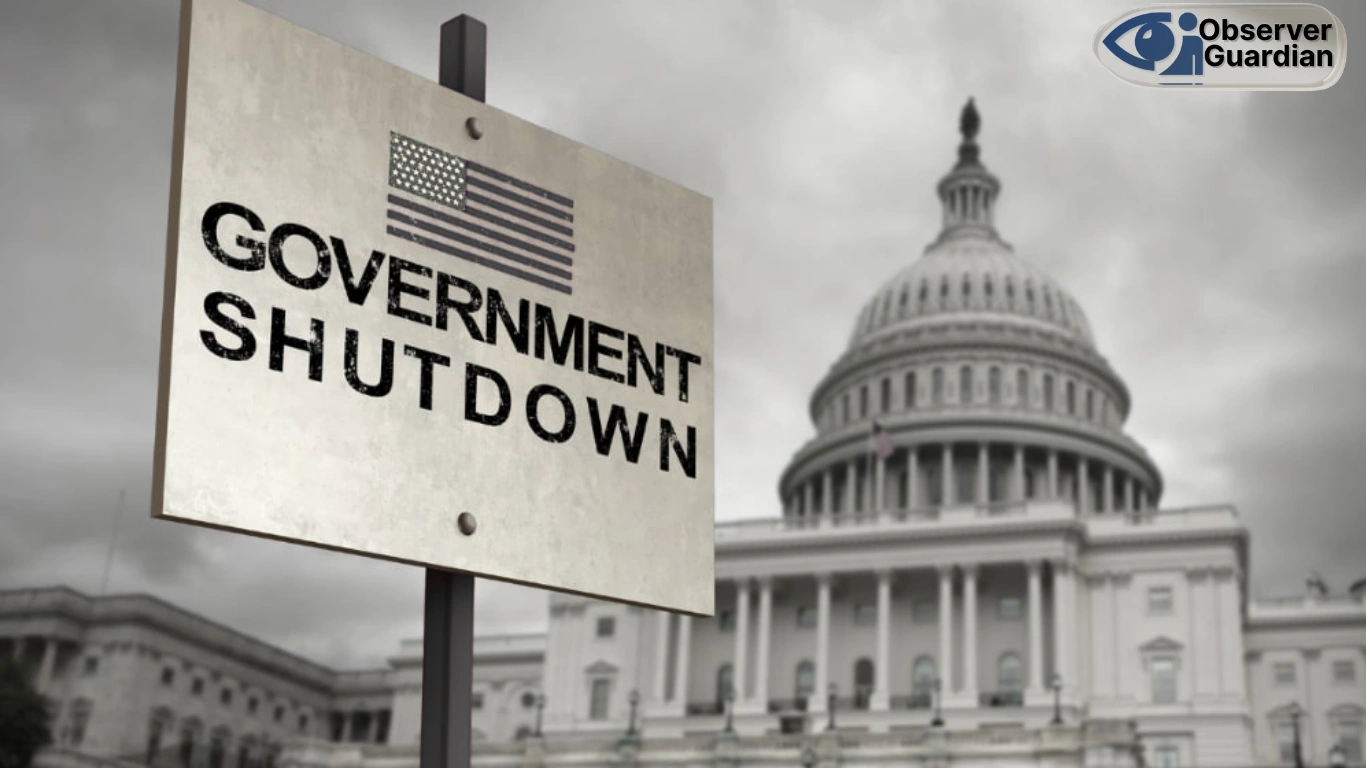Millions Face Disruptions as US Government Shutdown Begins
The US government officially shut down after Congress blew past its funding deadline. That means millions of people are already feeling the fallout, and not just federal workers.
Roughly 800,000 employees are either furloughed or working without pay. Think of places like NASA, where more than 80% of the staff are sidelined, or health agencies like the CDC and NIH, where nearly half the workforce is suddenly off the job. These are not just numbers on a spreadsheet, it means medical research slows down, public health programs stall, and space projects are put on ice.
For everyday people, some things keep going, but with caveats. Flights would not stop, but training and inspections could suffer. Social Security checks should keep coming, since they are not tied to the annual budget, though the support systems around them like helplines or processing new claims will be slower. Other services, from housing programs to grants for schools or science, just freeze until funding resumes.
The economic hit is no small thing. The White House estimates the shutdown could cost about $15 billion a week in lost growth. That trickles down fast: delayed paychecks mean less spending, stalled projects hit contractors, and the uncertainty rattles markets. Even basic stuff like jobs and inflation data releases may be delayed, leaving businesses and investors flying blind.
Politically, the finger pointing is already in overdrive. Republicans are blaming Democrats for refusing to bend, Democrats say Republicans are trying to jam through cuts and political riders, and meanwhile ordinary people are the ones losing pay or services. Some states are bracing harder than others depending on how reliant they are on federal funds.
The real question is how long it drags on. If Congress passes a short term patch, life goes back to semi normal. If they do not, this turns into a drawn out mess that leaves lasting damage. Either way, it is federal workers, families relying on programs, and small businesses that get squeezed first.







